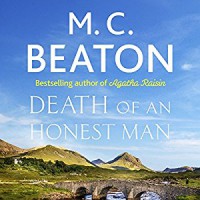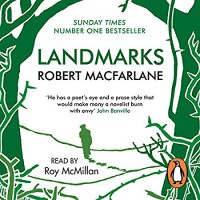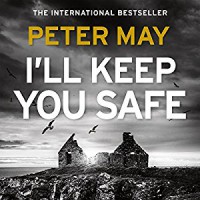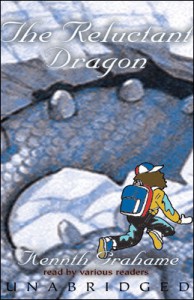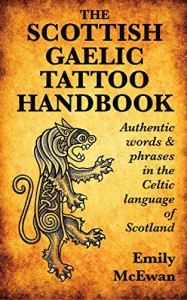Why did I read it? I adore the Hamish Macbeth series, and this was the latest edition.
What's it about? An incomer arrives in Cnothan, and town on Hamish Macbeth's beat. Paul English considers himself an honest man, but on calling on the incomer to welcome him to the community Charlie, Hamish's constable, lands them both in trouble at headquarters. Paul English works his way around the communities, spouting his views on the shortcomings of the locals directly to their face, causing hackles to rise. "I could kill that man," could be heard from Lochdubh to Cnothan. And, so ...
What did I like? Honestly, the soothing tones of
David Monteath were perhaps the only lovely thing about this particular episode of life in Lochdubh.
What didn't I like? Oh dear. It seemed to me that the author,
M.C. Beaton 'phoned it in'. There were so many errors in the book.
(1) Lucia Lament was noted as the daughter of Mr. Ferrari; however, in earlier books, we learn Lucia is a distant relative of Mr. Ferrari brought over from Italy to work in the restaurant in Lochdubh, after Mr. Ferrari's immediate family took over the running of his first restaurant.
(2) Initially, it is said Silas' father died when he was two, then, later, it is said his father died 10 years previous. So, either Hamish's new constable is 12 years old, or this is yet another error in the narrative.
(3) It seems the forensics team has been re-populated with boozy blokes, who I thought had been replaced a few books back.
There are many more inconsistencies like this that regular readers/listeners might pick up on.
How many constables can Hamish get through in one book? Charlie Carter, who has been with Hamish through a few books, seems to have been unceremoniously pushed out of the series. Larry Coomb appears, and is gone within a few short paragraphs. Enter Constable Silas Dunbar. Exit Constable Silas Dunbar. Enter Freddie Ross. Exit Freddie Ross. Then, at the very last, enter a WPC, Dorothy MacIver.
Why bring Elspeth back into Sutherland at all? Her contribution to the narrative was negligible, with the low level rivalry between her, and Priscilla for affections of Hamish becoming increasingly tedious in its repetition. And, the rivalry between the two of them, and Sonsie is reignited upon the cat's incomprehensible return.
The storylines featuring Colonel Halburton-Smythe, and Chief Inspector Blair were so far beyond believable, and extremely disappointing. Yes, this is fiction, which often strays from reality as it is set in an idyllic version of the highlands, but these narratives were just too far-fetched, and stretched far beyond the known behaviours of these long-term characters formed through the previous 32 books. These tangential stories seemed ill formed, and very ill judged. It's almost like they were padding for the scant murder mystery, which, itself, seemed poorly thought out, and too closely related to other victims, and plots in the series.
There are other disappointments, but I have listed only what I see as the the major faults here. Overall, the book felt disjointed, the main narrative was thin, and the side stories not as believable as in the past. At times, the superstitious and supernatural elements felt more real than anything else.
Also, having listened to this audio series in its entirety several times now, I have begun to notice mistakes in the text, e.g. the wrong character having said a line. Unfortunately, this is also true of “Death of an Honest Man” having listened to it three times now.
Would I recommend it? Honestly, no. Not even to fans of the series. I sincerely hope the next two books in the series, which
M.C. Beaton has confirmed she is contracted to write, are not so badly composed as this one. I want a return to the Hamish Macbeth and inhabitants of Lochdubh I have grown to love.



 1
1





